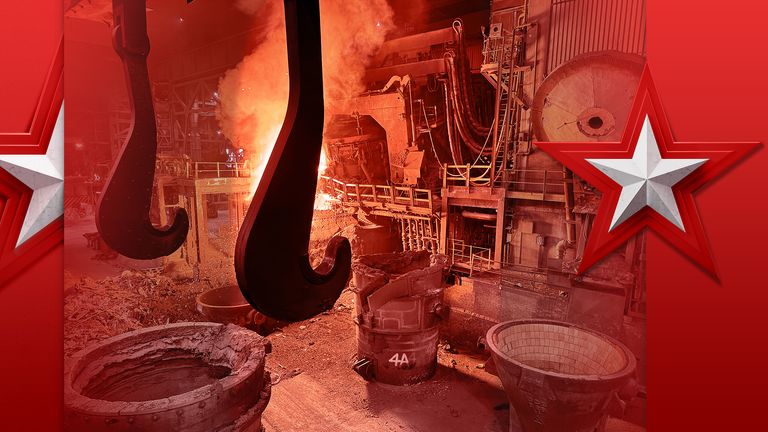
How Donald Trump's tariffs are wreaking chaos in the British metal industry
- 20.03.2025 17:44
- news.sky.com
- Keywords: Success, Success
Donald Trump's tariffs on metals are disrupting British industries, increasing export costs and straining global trade relations.